Lucas N. Ribeiro
Machine Learning Prediction of Time-Varying Rayleigh Channels
Mar 10, 2021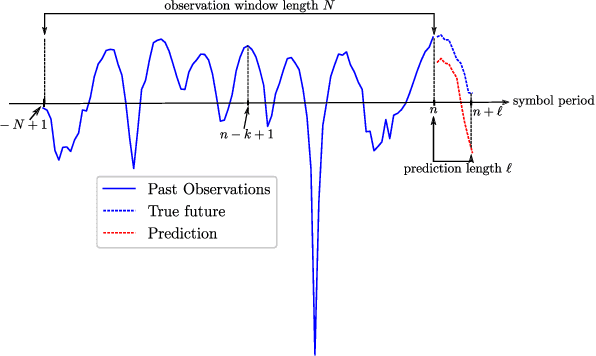
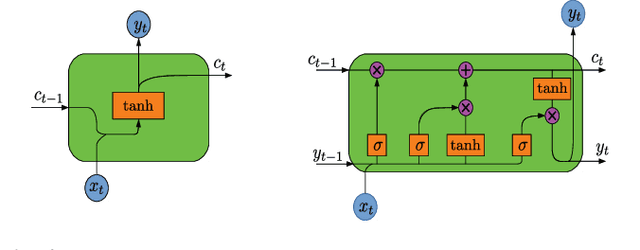
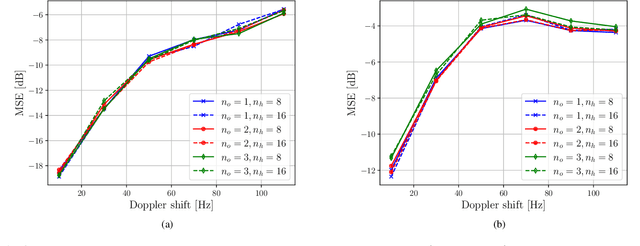

Abstract:Channel state information (CSI) rapidly becomes outdated in high mobility scenarios, degrading the performance of wireless communication systems. In these cases, time series prediction techniques can be applied to combat the effects of outdated CSI. Recently, it has been shown that recurrent neural networks (RNNs) exhibit outstanding performance in time series prediction tasks. In this paper, we investigate the performance of RNN and long short term memory (LSTM) predictors in a simple Rayleigh flat-fading channel. We conduct numerical experiments to evaluate whether these machine-learning (ML)-based predictors can outperform the optimal linear minimum mean square error Wiener predictor. Our simulation results indicate that the considered neural network predictors outperform the Wiener predictor for small observation window lengths and are more robust under weak channel correlation as well as in the presence of noise. Furthermore, we show that simple shallow RNNs are sufficient to model Rayleigh channels over a wide range of Doppler shifts.
Low-Complexity Zero-Forcing Precoding for XL-MIMO Transmissions
Mar 01, 2021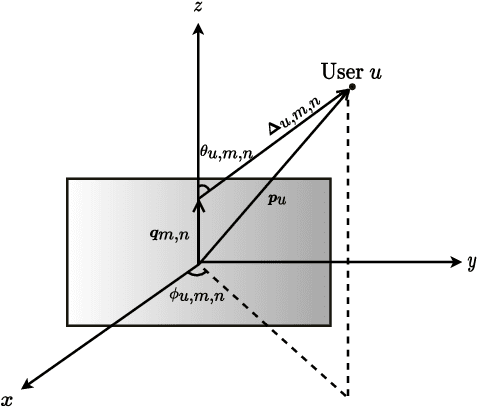
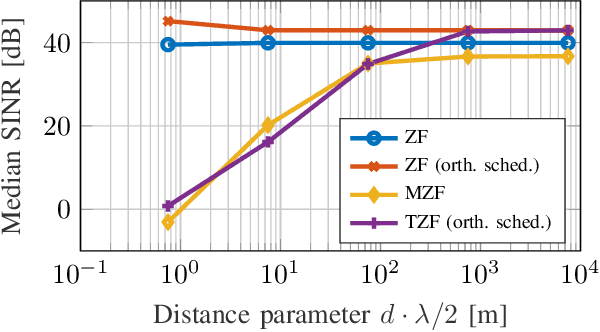
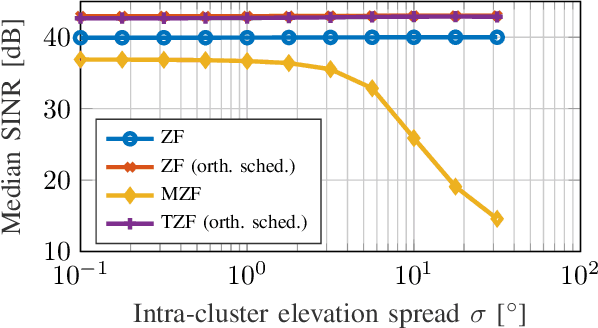
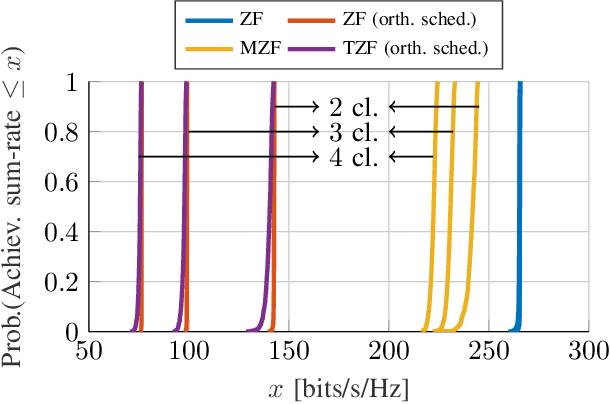
Abstract:Deploying antenna arrays with an asymptotically large aperture will be central to achieving the theoretical gains of massive MIMO in beyond-5G systems. Such extra-large MIMO (XL-MIMO) systems experience propagation conditions which are not typically observed in conventional massive MIMO systems, such as spatial non-stationarities and near-field propagation. Moreover, standard precoding schemes, such as zero-forcing (ZF), may not apply to XL-MIMO transmissions due to the prohibitive complexity associated with such a large-scale scenario. We propose two novel precoding schemes that aim at reducing the complexity without losing much performance. The proposed schemes leverage a plane-wave approximation and user grouping to obtain a low-complexity approximation of the ZF precoder. Our simulation results show that the proposed schemes offer a possibility for a performance and complexity trade-off compared to the benchmark schemes.
 Add to Chrome
Add to Chrome Add to Firefox
Add to Firefox Add to Edge
Add to Edge